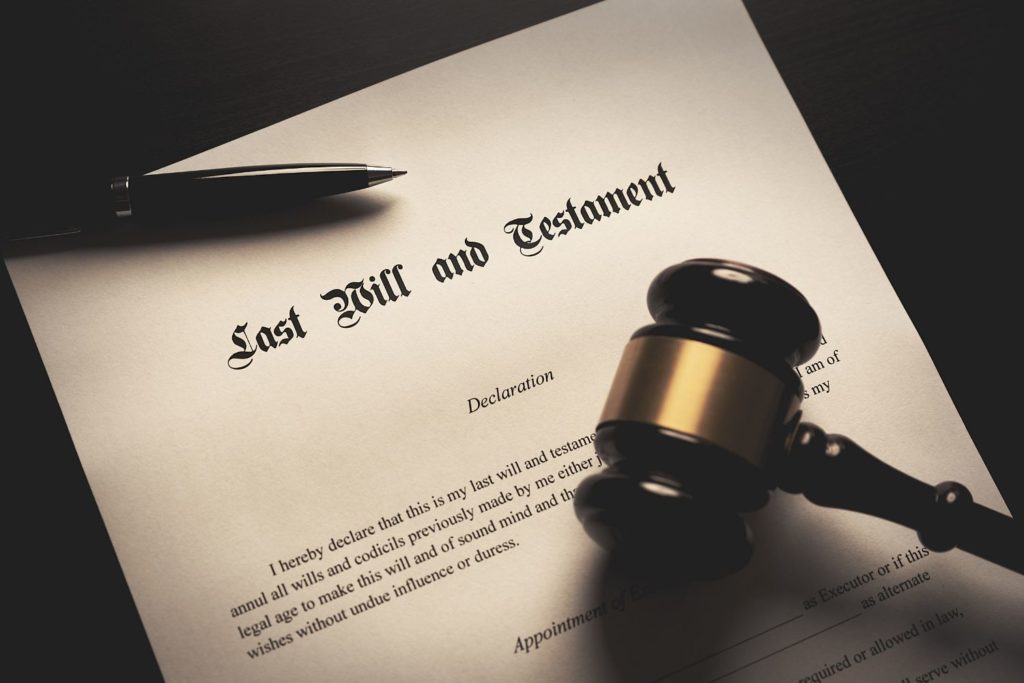Understanding the responsibilities of the executor or trustee is essential for managing an estate effectively. Knowing when to ask about these responsibilities is crucial for executors, beneficiaries, and family members involved in the estate process.
We’ll discuss why you might need to request this information, the best times to ask, and how to approach the conversation. By understanding this process, you can ensure that estate management proceeds smoothly and according to plan. Let’s dive into this important topic together.
Reasons to Request Information on Responsibilities
Clarifying Roles
Understanding the responsibilities helps clarify the roles of the executor or trustee, ensuring everyone knows what is expected.
Ensuring Compliance
Knowing the responsibilities ensures compliance with legal and fiduciary duties, protecting the estate and beneficiaries.
Managing Expectations
Clear information about responsibilities helps manage the expectations of beneficiaries and family members.
Facilitating Communication
Understanding the responsibilities promotes effective communication between the executor, trustee, and beneficiaries.
Preventing Disputes
Clarifying the responsibilities can help prevent disputes and misunderstandings among family members and beneficiaries.
When to Ask About Responsibilities
During Initial Estate Planning Discussions
If you are involved in estate planning discussions, it’s appropriate to ask about the responsibilities of the executor or trustee to ensure everything is documented and clear.
After Being Appointed Executor or Trustee
As soon as you are appointed, request detailed information about your responsibilities to understand your role fully.
When Named as Beneficiary
If you are named as a beneficiary, knowing the responsibilities of the executor or trustee is important for understanding the estate administration process.
Before Major Estate Decisions
Before making significant decisions related to the estate, ensure you understand the responsibilities to make informed choices.
When Addressing Estate Concerns
If you have any concerns or questions about the estate, asking about the responsibilities can provide clarity and reassurance.
How to Request Information on Responsibilities
Approach with Sensitivity
Discussing responsibilities can be sensitive. Approach the conversation with respect and understanding, acknowledging the importance of the roles.
Be Clear and Direct
Clearly explain why you need information about the responsibilities and how it will help in managing the estate. Being upfront about your reasons can facilitate a more productive discussion.
Provide Context
Explain the importance of understanding the responsibilities for legal, financial, and administrative purposes. This can help family members understand the necessity of your request.
Offer Assistance
Offer to help gather the necessary information if needed.
Ensure Privacy
Have this conversation in a private setting to ensure comfort and confidentiality. This encourages open communication and trust.
Follow Up
If you don’t receive the information immediately, follow up respectfully. Estate management can be complex, and it may take time to gather all the necessary details.

Common Mistakes to Avoid
Being Insensitive
Avoid being insensitive or overly direct when asking about responsibilities. Remember, this can be a delicate topic and requires a respectful approach.
Assuming Completeness
Don’t assume the initial information provided is complete. Verify and double-check to ensure you have all necessary details.
Ignoring Legal Advice
Seek legal advice if you’re unsure about the best way to approach this conversation or if there are legal complexities involved. An attorney can provide guidance and ensure you’re following the correct procedures.
Waiting Too Long
Don’t wait until the last minute to ask about responsibilities. Proactively discussing this as part of initial estate management conversations can prevent future issues.
Not Documenting the Information
Once you have the information about responsibilities, document it thoroughly and keep it in a secure place. This ensures you have the information readily available when needed.
Requesting information about the responsibilities of the executor or trustee is a crucial step in managing the estate. By understanding when and how to ask for this information, you can ensure the process goes smoothly and according to plan.

